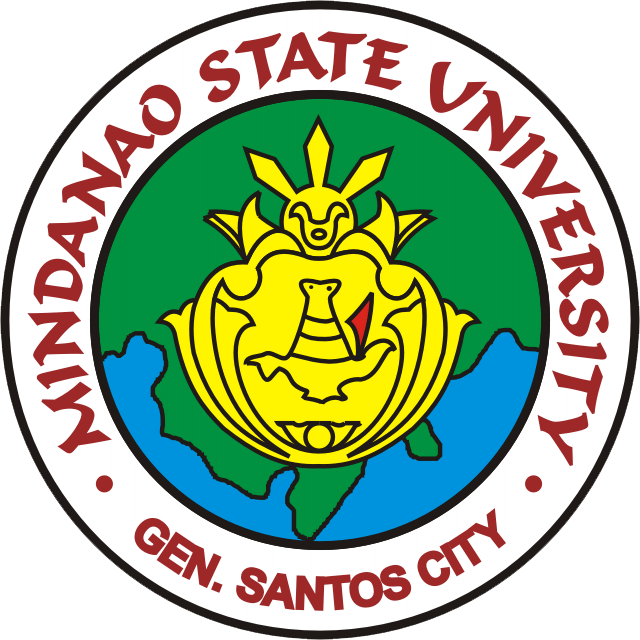This study investigated covid-19 and vaccine-related perceptions and knowledge of lay people from Barangays Calumpang, Fatima and Labangal in General Santos City. Rapid rural appraisal techniques were able to definitively establish the far-reaching influence of social media in disseminating vital information about Covid-19 up to the grassroots level on the one hand, and to spread misinformation on the other. Misconceptions about the causative agent for Covid-19 and vaccines are particularly alarming because these have implications for mass vaccination drives that the government intends to undertake for its constituents. Furthermore, exorbitant costs associated with hospitalization caused people to choose less expensive, albeit untested and possibly dangerous alternatives upon manifesting Covid-19 symptoms. In all 3 areas, Pfizer was among the top 2 choices while Astra-Zeneca was least favored owing to reported blood clotting episodes in people who received this vaccine. Moreover, in all 3 barangays, scientifically proven aspects relating to transmission, detection, symptoms/manifestation, prevention of COVID-19 and community responses to curtail viral spread underscored the effectiveness of information dissemination campaigns by the local government units (LGU), National Government, health-related organizations (i.e., WHO) and the media. Finally, by arming people with accurate information and encouraging widespread vaccination, the negative effects of misinformation can be mitigated, Covid-19 spread will be kept under check and the communities will be rendered safer for the people.
Author
John Christian C. Cameros
Abstract
SY
2023
Program
Bachelor of Science in Biology
Department
Department: Science
College
College: Natural Sciences and Mathematics
